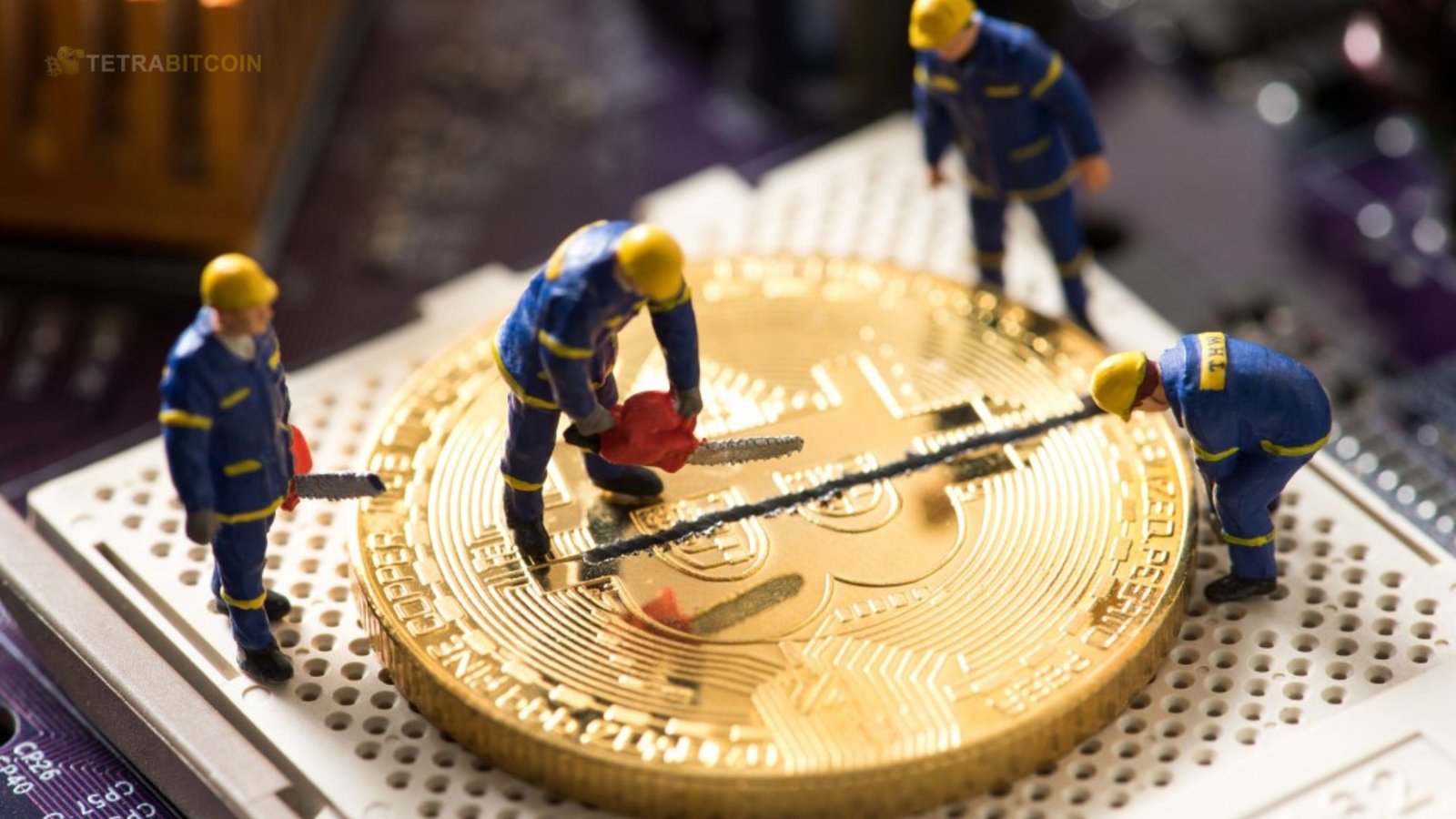A decentralized network of computers is the backbone of Bitcoin, the world’s first and most famous cryptocurrency. A technique called Bitcoin mining is responsible for maintaining and securing this network. Today, many people don’t understand Bitcoin mining, its mechanics, or its importance. Learn the ins and outs of Bitcoin mining—the process of creating new Bitcoins—and the technology that underpins it—all in this article.
What is Bitcoin Mining?
Mining is the primary mechanism for creating new Bitcoins and circulating them. It is equally crucial for keeping the Bitcoin network secure and operational. To verify Bitcoin transactions, “miners” use high-powered computers to solve complicated mathematical riddles. This procedure protects the security of decentralized Money by stopping fraud and double spending.
The main goal of Bitcoin mining, which essentially requires computer power, is to add new blocks to the blockchain. An ever-expanding digital database, the blockchain keeps track of every Bitcoin transaction and updates the transaction data whenever a new block is added to the chain.
The Role of Miners in Bitcoin’s Network
Due to its decentralized nature, the Bitcoin network does not rely on a governing body or bank to verify or authenticate users’ transactions. On the contrary, miners depend on the network to verify and authenticate transactions. People or organizations known as “miners” employ computing power to verify the legitimacy of transactions by solving cryptographic puzzles and adding them to the blockchain.
Miners are essential in creating new Bitcoins; they are not only validators. When they successfully contribute a block to the blockchain, they are rewarded with freshly created Bitcoins. By following this procedure, the total supply of Bitcoin will increase regularly.
The Process of Bitcoin Mining
Proof of Work is a process involved in Bitcoin mining. To add a new block to the blockchain, miners in a Proof-of-Work network must first solve a complex mathematical challenge. Calculating the solution to this riddle, known as a hash, requires computing power.
Transaction Validation
The network is notified of each Bitcoin transaction. When miners add all of these transactions together, a block is created. Nevertheless, validation is necessary before these transactions are permanently uploaded to the blockchain. The sender’s Bitcoin balance and the absence of past spending on the same transaction are two aspects of the validation process that must be met to avoid double-spending.
The Mining Puzzle
After all the transactions are confirmed, the miners compete to solve the block’s cryptographic puzzle. Miners are tasked with solving a hash problem, which involves finding a particular value that produces a hash that satisfies a specific standard when added to the data in a block. Since the miner needs to try billions of options before discovering the right one, this demands a lot of processing power.
Proof of Work
To verify that they have finished the task, the first miner to find the solution broadcasts it to the network. Proof of Work describes this. Assuming the answer is valid, other network participants and miners confirm the solution, and the block is then put on the blockchain.
Rewards for Mining
A certain number of additional Bitcoins are awarded to the miner whenever they solve the challenge and add a block to the blockchain. This profit is called the block reward. As of 2024, the reward for completing a block is 6.25 BTC, but it will fall over time due to halving every four years. Miners receive both the block reward and transaction fees from each transaction that is part of a block.
The Importance of Bitcoin Mining
The network relies on Bitcoin mining for several essential services. Its principal goal is to protect the Bitcoin blockchain from potential threats. Bitcoin miners safeguard the network from assaults and fraudulent transactions by making adding new blocks computationally expensive and time-consuming.
Securing the Network
The Bitcoin network is protected via mining. A malicious actor would need tremendous computing power to repeat the Proof of Work for that block and all following blocks if they attempted to change any transaction in a block. The impossibility of tampering with the blockchain is thus significantly reduced.
Decentralization
Decentralization, the idea that no one institution controls Bitcoin or its ledger, is one of the currency’s fundamental foundations. No one entity can exert undue influence over the network because miners, dispersed around the globe, independently validate transactions.
Creating New Bitcoins
Bitcoin mining is the mechanism by which additional Bitcoins are generated. There will never be more than 21 million Bitcoin in circulation, and the mining rewards system releases additional currencies at regular intervals. The mining reward drops as the number of blocks mined increases, and Bitcoin will eventually run out of supply.
The Environmental Impact of Bitcoin Mining
Some worry that Bitcoin mining, particularly the Proof of Work algorithm, is terrible for the environment. The computer power required to solve complicated riddles causes mining to consume a large amount of energy. Much of this power comes from fossil fuels, which is terrible for the environment because it increases carbon emissions.
Solar and hydroelectric power are two examples of renewable energy sources that many mining operations attempt to use to lessen their environmental impact. The Bitcoin community is continuously discussing how to make mining more environmentally friendly.
Conclusion
Bitcoin mining is an essential part of the system that supports the cryptocurrency. In addition to validating transactions and adding new currencies to circulation, it guarantees the security and decentralization of the Bitcoin network. Miners use their computing power to participate in the Proof of Work process to keep the blockchain secure. But there’s still a lot of talk about making Bitcoin mining more energy-efficient since people are worried about the environmental effects. Despite these obstacles, Bitcoin mining is still essential to the cryptocurrency ecosystem, helping sustain Bitcoin’s decentralized financial revolution.
[sp_easyaccordion id=”3090″]

